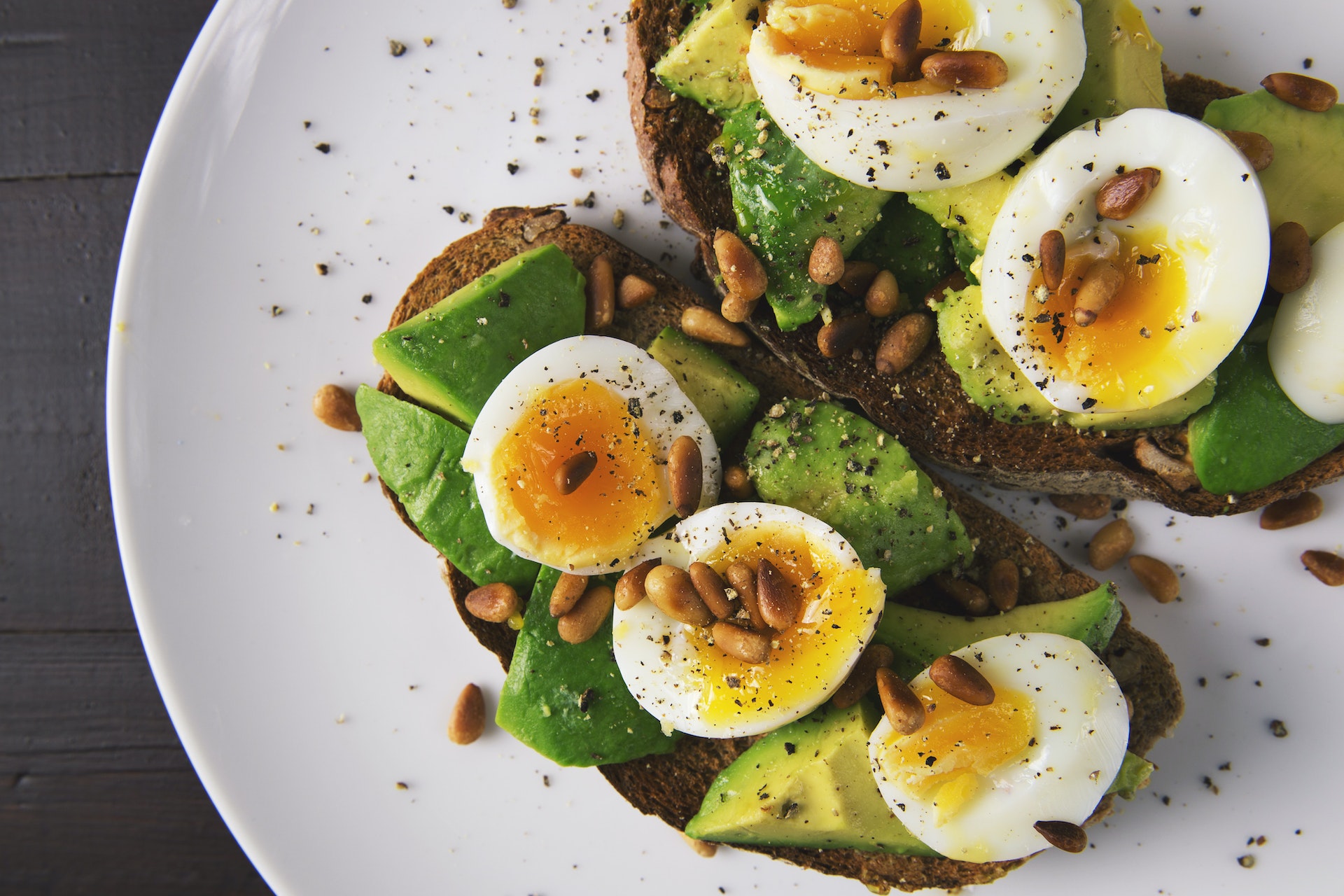Heart rate training for weight loss
Heart rate training is a method of optimizing weight loss by monitoring heart rate.
Knowing your maximum heart rate (220 minus age) and training according to target heart rate intervals of different intensities can effectively burn fat.
Using heart rate monitoring devices, such as heart rate belts or smart watches, you can track and adjust training intensity in real time to ensure that you exercise within the optimal heart rate range and achieve better weight loss results.

Weight loss and thyroid function
Thyroid function plays an important role in weight loss because it regulates metabolism.
Underactive thyroid (hypothyroidism) can lead to slower metabolism and weight gain.
Conversely, overactive thyroid (hyperthyroidism) can speed up metabolism and lead to weight loss.
During the weight loss process, if thyroid dysfunction is suspected, medical examination and consultation are recommended.
Adequate intake of iodine, zinc and selenium, regular sleep and exercise can help maintain a healthy thyroid.
Low-fat diet strategy for weight loss
Low-fat diet is one of the common strategies for weight loss. It can achieve the goal of weight loss by reducing fat intake and controlling total calories.
Choosing low-fat or fat-free dairy products, lean meat, chicken breast and fish, and avoiding fried foods and high-fat snacks can effectively reduce fat intake.
Use healthy fat substitutes such as olive oil or coconut oil when cooking, and use low-oil cooking methods such as steaming, boiling and baking.
Increasing the intake of vegetables, fruits and whole grains can provide sufficient fiber and nutrition, enhance satiety and help control weight.
Combining weight loss with breathing exercises

Breathing exercises can be used as an auxiliary method for weight loss, through deep breathing and relaxation techniques, to improve metabolism and reduce stress.

Abdominal breathing and meditation exercises in yoga can increase oxygen intake and promote fat burning.

Spending a few minutes a day doing deep breathing exercises can help balance hormones, reduce cortisol levels, reduce stress, and prevent emotional eating.

Combined with aerobic exercise and strength training, breathing exercises can further improve weight loss results and maintain a healthy balance between body and mind.

Vitamin D supplementation for weight loss
Vitamin D helps regulate calcium and phosphorus absorption, promotes bone health, and may affect the function of fat cells.
Insufficient vitamin D may lead to weight gain and metabolic disorders.
Adequate vitamin D intake can be ensured through sun exposure, consumption of vitamin D-rich foods (such as cod liver oil, salmon, and egg yolks), and appropriate vitamin D supplements.
Recommended Herbal Drinks for Weight Loss
Herbal drinks are one of the healthy choices for weight loss. They help control weight by promoting metabolism, detoxification and suppressing appetite.
Green tea is rich in antioxidants and caffeine, which helps accelerate fat burning.
Ginger tea can increase metabolism and promote digestion.
Dandelion tea and chrysanthemum tea have diuretic effects, which help to eliminate excess water in the body and reduce edema.
Choose sugar-free herbal drinks and avoid high-calorie additives. You can achieve the effect of weight loss while enjoying delicious food.
Low-impact exercise for weight loss

Swimming provides a comprehensive workout, improving cardiorespiratory fitness while reducing stress on joints.

Cycling is a good choice for both outdoor and indoor exercise, helping to burn calories and strengthen leg muscles.

Yoga and Pilates help shape your body by strengthening your core, increasing flexibility, and improving posture.

30-60 minutes of low-impact exercise a day, combined with a healthy diet, can effectively reduce weight and improve overall health.
